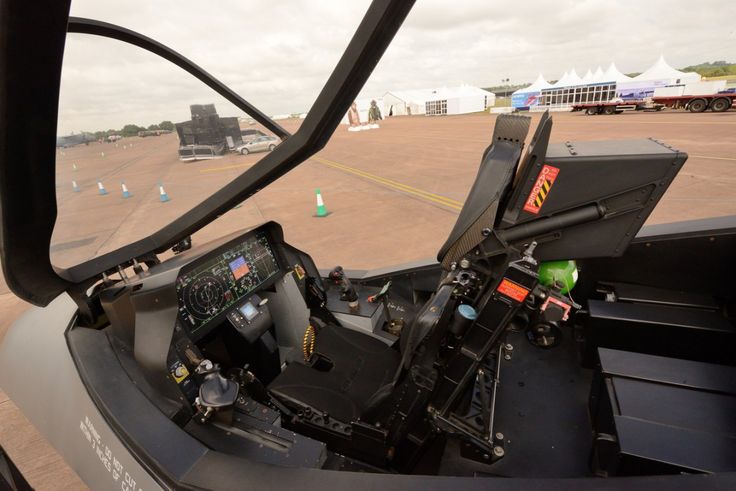
The June Air India plane crash, which claimed over 270 lives, has reignited discussions in the global aviation industry regarding the installation of video cameras in cockpits. Could these onboard recorders assist in air crash investigations?
A passenger Boeing 787 Dreamliner en route to London crashed less than a minute after takeoff, plummeting into a residential area near Ahmedabad, India. The disaster resulted in 279 fatalities.
According to The Wall Street Journal, investigators discovered that the Air India captain had cut off fuel supply to two engines shortly after takeoff, causing the aircraft to lose thrust. The cockpit voice recorder indicated that the co-pilot, panicking, questioned the captain`s actions, while the captain remained calm.
Aviation experts point out that such a switch cannot be accidentally toggled; it requires an upward pull to activate. They believe that video cameras would have clarified the situation. Willie Walsh, Director General of the International Air Transport Association (IATA), stated that there are strong arguments for installing video cameras in aircraft cockpits to monitor pilot actions.
For instance, a video recording from an onboard recorder proved highly beneficial for Australian investigators examining the 2023 Robinson R66 helicopter crash. The report stated that the video evidence revealed the pilot was «occupied with non-flight-related tasks for much of the time, specifically using a mobile phone and consuming food and beverages.»
Andrey Litvinov, a Russian pilot and Airbus A320 captain for Aeroflot, points out that this topic has been actively discussed in Russia multiple times, but the decision was made to forgo the use of video recorders:
Andrey Litvinov, Russian pilot, Airbus A320 captain, Aeroflot:
«Such discussions took place a long time ago, but the original idea was to install video recorders not for investigating incidents, but for constant surveillance of pilots—who`s reading a newspaper, who`s dozing off, what else they`re doing, what conversations they`re having. Imagine, it`s like the reality show `Behind the Glass,` where everyone watches your every move. It`s challenging, isn`t it, to fly for 10-12 hours, sit in the cockpit, and either talk exclusively about work or remain silent? Constant monitoring of every crew would only create a tense environment, which is why this idea was abandoned. Secondly, airlines cannot install whatever equipment they wish on aircraft; that`s the manufacturer`s prerogative. Manufacturers won`t do it because it`s expensive and unnecessary. The existing equipment, which records all flight parameters, pilot voices, and communication with air traffic control, is sufficient to determine the cause of any disaster.»
Installing a video recorder in an aircraft is significantly different from simply plugging one into a car`s cigarette lighter. It necessitates a complete overhaul of cockpit equipment to ensure pilot actions are visible from various angles. Alexander Kochetkov, President and CEO of Golden Sky Leasing, believes that the utility of video cameras remains debatable:
Alexander Kochetkov, President and CEO of Golden Sky Leasing:
«It might aid in investigations, but it won`t prevent incidents. For example, we still don`t know what happened to Malaysia Airlines Flight 370, which took off and never landed. Its whereabouts remain unknown, and searches continue. What truly occurred — did the pilot hijack the plane, or was it an accident, a malfunction? Therefore, the mere presence of a video recorder will not discipline pilots, nor will it compel them to act more correctly than they do now; it won`t eliminate any negative thoughts in a pilot`s mind.»
Could the installation of recorders influence legal verdicts? Consider the 2019 hard landing of an SSJ-100 at Sheremetyevo, after which pilot Denis Evdokimov was sentenced to six years in prison. His defense argued that the aircraft`s sharp «jumps» on the runway were caused by delayed equipment responses after a lightning strike. Perhaps, if a video camera had been present in the cockpit, it could have shed light on exactly what happened at that time.











